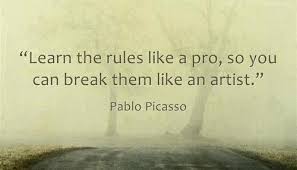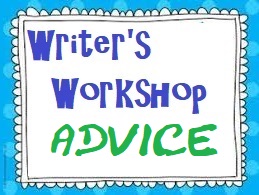I decided that for this short little post - the last one of 2020 - I would write a little something about Christmas. Normally, Christmas is not thought of as a writing time of year. Rather, it is about the togetherness of family, going to church, exchanging gifts, gaining weight and appreciating what we have. Well, things have changed this year, and not for the better. So how can we use the tools we have as writers to reclaim some of this most important of holidays?
I don't care how good a writer someone may be - they can still spread a virus around if they aren't careful, so the ugly facts on the ground still apply for 2020. I won't be going in public more than I absolutely have to, which means no church and no family on Christmas Day or the days surrounding it for that matter. I will celebrate in my own personal ways, but it will be different. The important part is my decision to also be a writer during this time.One of the skills we pick up as writers is the ability to process our thoughts and feelings in a way so that they come out on paper. We channel a lot of things into the world when we write, and by doing this, we can create some very special things.
A quick consideration for making Christmas particularly special during these days of COVID. For the people who you were hoping to see this year but can't, write something for them. Write a quick description of your favorite memory about you and that person. Write them a fun little holiday poem. Just write them an email personally telling them why you will miss seeing them this year. Use your abilities and tools as a writer to communicate those feelings in a very simple manner.
This may sound cheesy, but trust yourself as a writer. Trust that what you say will have meaning and feeling. And believe that when you do this, you will move the person in the way a gift should.
This definitely will not feel the same as it does in other years, but let's face it - nothing feels the same these days. The point is that it's not doing something to recover what things used to be like, but to try and live in the spirit of what things are meant to be about.
My favorite story for the season is How the Grinch Stole Christmas! With this, my main takeaway is that while the Grinch stole all of the trappings of the holiday, he only belatedly learned that the part he couldn't steal was the thing he never understood - Christmas involves a spirit, an attitude, that can't be taken away from us. Not by the Grinch, or by a virus, or anyone. And you can retain that spirit with something as simple as your writing.
So on that note, Merry Christmas, Happy Holidays, and I will see you with my next post, which will be Monday, January 4th, 2021, so Happy New Years as well.























